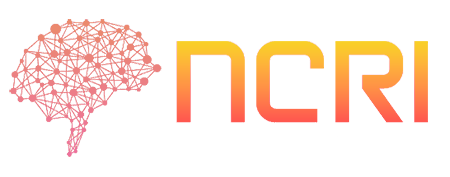Dysautonomia is an general term used to describe several different medical conditions that cause a malfunction of the Autonomic Nervous System (ANS). People living with various forms of dysautonomia have trouble with ANS regulation which can result in lightheadedness, fainting, unstable blood pressure, abnormal heart rates, malnutrition, and in severe cases, death. Some of the different forms of dysautonomia include: Postural Orthostatic Tachycardia Syndrome (POTS), Neurocardiogenic Syncope (NCS), and Multiple System Atrophy (MSA). Dysautonomia can also occur secondary to other medical conditions such as diabetes, multiple sclerosis, rheumatoid arthritis, celiac, Sjogren’s syndrome, lupus, and Parkinson’s disease.
« Back to Glossary IndexDysautonomia
« Back to Glossary Index
